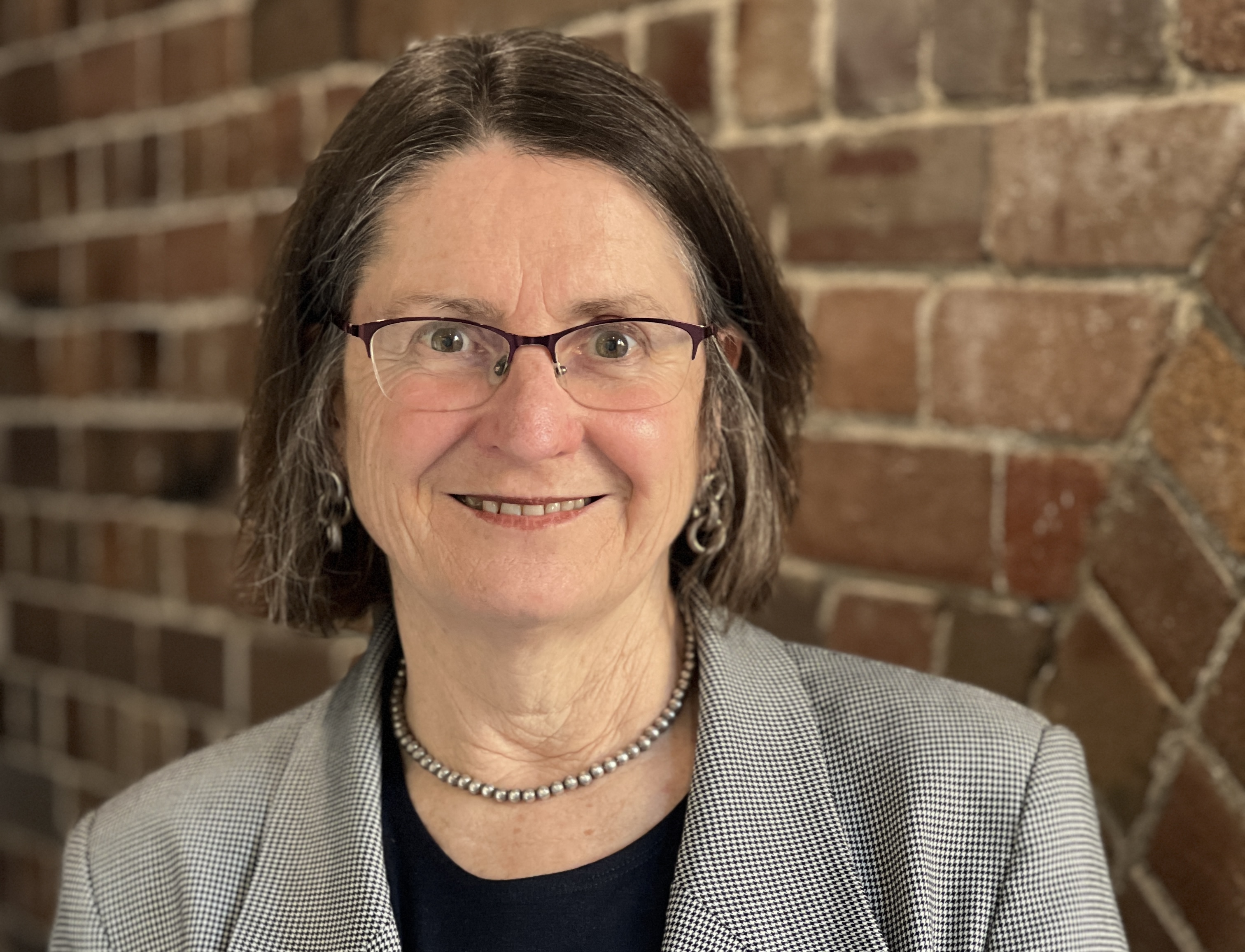NSW Preschools call for higher pay to attract and retain preschool staff amid subsidies aimed at boosting enrolments. The Independent Education Union (IEU) has applied to the Fair Work Commission, seeking to lift pay by up to 25% for staff at over 100 community-based NSW preschools.
Addressing Staffing Shortages in Early Learning
Janene Rox, a preschool teacher, highlighted the acute staffing shortages in the early learning sector, emphasizing that early childhood educators deserve pay parity with other professionals.
Reading Suggestion: Staying Engaged and Happy at Work Later in Life
“Paediatric doctors are not paid any less because they are supporting the youngest in our community, so why is it different for our teachers?” she said.
The pay disparity is stark, with early-career schoolteachers earning almost $15,000 more annually than their preschool counterparts, and experienced teachers earning nearly $32,000 more, according to the union’s secretary, Carol Matthews. This disparity is contributing to a severe staffing shortage in the sector.

The Need for Improved Pay and Conditions
“There is a workforce crisis. We need to see pay and conditions improved dramatically,” Matthews stated. “We’re calling on the NSW government to fund improved pay and conditions for teachers and educators in NSW community preschools.”
Increasing wages in the highly feminised early education sector could also help narrow the gender pay gap and support parents juggling caregiving responsibilities. Matthews stressed that no one enters the teaching profession to get rich, but fair compensation is essential to retain passionate educators.
Government’s Role in Supporting Wage Increases
Premier Chris Minns acknowledged the passion of early childhood educators and expressed the government’s commitment to ensuring fair wage growth over time.
“They do it because they passionately believe in the work that they’re doing,” he said. “The government would never take advantage of that … what we need to do is sit down and work out a way of getting real wage growth over time to keep people in the sector.”
Currently, about 2% of the state’s early childhood educators are directly employed by the government. The Fair Work Commission application initiates the process of involving the government in bargaining for better pay for other workers in the sector.
Supporting Early Childhood Education
Education and Early Learning Minister Prue Car emphasized the importance of affordable preschool access for children’s development.
“We need more early childhood educators and have rolled out a number of initiatives focused on increasing the workforce in the sector – but we recognize pay is also critically important,” she said.
Access to quality preschool is vital for ensuring children get the best start in life, making their transition to kindergarten more seamless and enhancing literacy and numeracy skills in primary school. Car stressed that cost-of-living pressures should not prevent families from sending their children to preschool.
Ongoing Investment in Early Education
The NSW government allocated $1.8 billion towards early education in the June budget, continuing fee relief and supporting the construction of 100 public preschools by 2027. Opposition education spokeswoman Sarah Mitchell acknowledged the continuation of subsidies introduced by the previous government and highlighted the importance of ensuring families and children can access quality early learning.
Reading Suggestion: Meta Considers Blocking News Content in Australia Over Licensing Fees
“What we’re seeing is families and children not actually being able to access what they need to really make sure we get kids to that learning point before they start school,” Mitchell said.
The call for wage increases is a crucial step in addressing staffing shortages and ensuring that early childhood educators receive fair compensation for their essential role in shaping young minds.